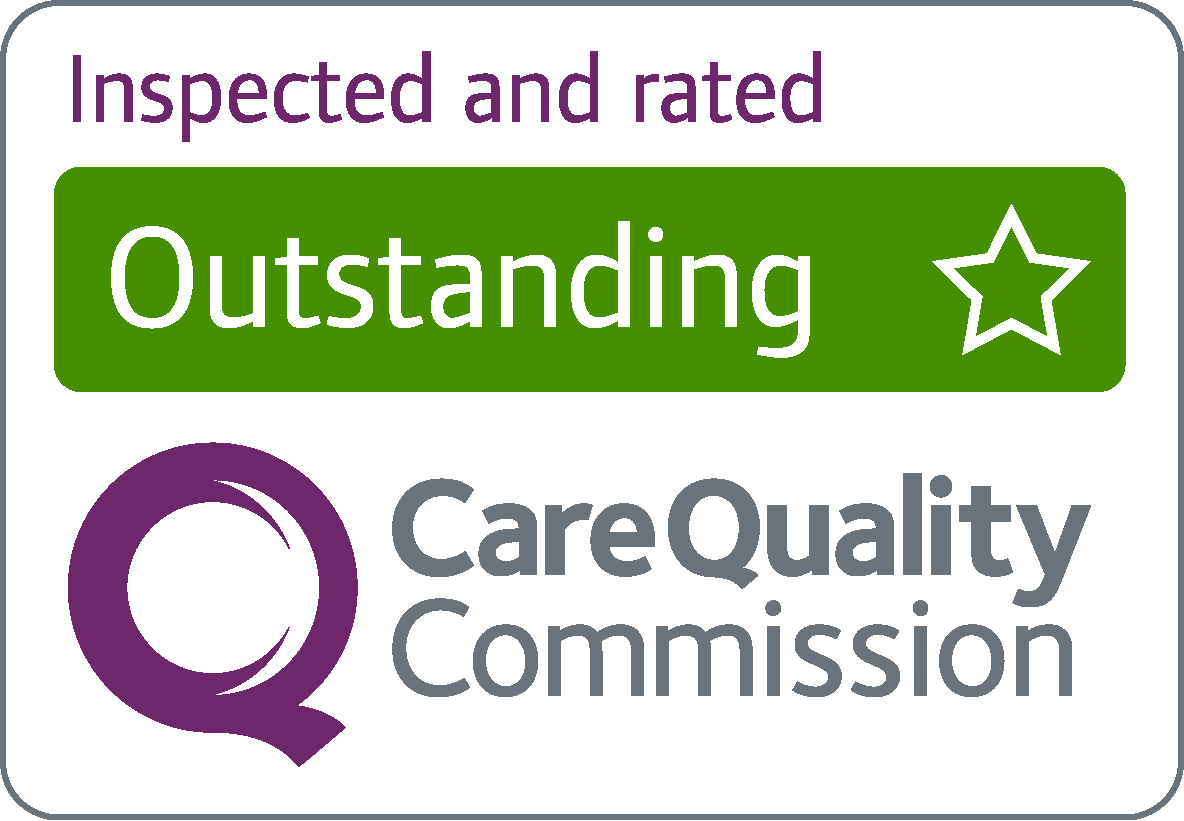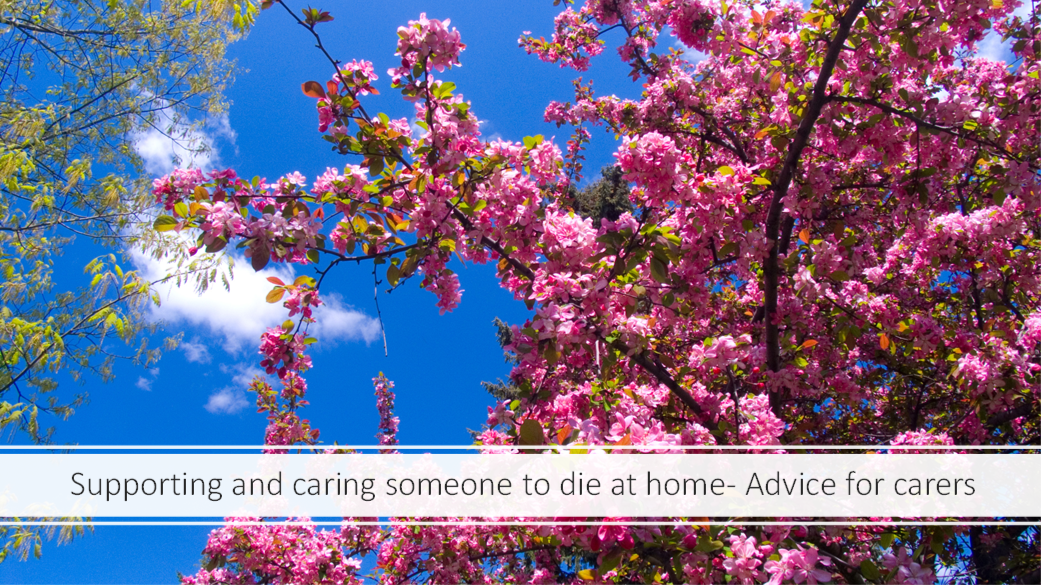Supporting and caring for someone to die at home
We are aware that during these uncertain times more people will be caring for people dying at home. We are here to help and have set up this resource page to support you in caring for your loved one. If you would prefer to speak with a member of staff at The Mary Stevens Hospice, we have set up an advice line with support available 7 days a week 8am-4pm. Please do call us on 01384 445417 or email supporthub@marystevenshospice.co.uk
Practical care and support
This section provides you with practical advice on how you can care for a loved one at home in the last days of life and offers awareness of what to expect during this time
Please remember we are here to help support you and your loved one, if you would prefer to speak with us please contact our advice line:
Mary Stevens Hospice Telephone Advice and Support Service
01384 445417
supporthub@marystevenshospice.co.uk
As a person approaches the last days of life, there are common changes as the body prepares itself for dying. We have listed some practical resources which may be helpful and provide you with advice for some of the things that you will be trying to manage at home to enable your loved one to die with dignity.
This guide from the Helix Centre provides you with advice for some of the issues you will be trying to manage when caring for the dying person: https://helixcentre.com/_content-img/projects/eolc-toolkit/Practical-Care-For-Dying-Person-Toolkit.pdf
What to expect at end of life video: https://youtu.be/slNShkHNNpw
Managing breathlessness at home during COVID-19: https://www.kcl.ac.uk/news/helping-people-manage-breathlessness-at-home-during-covid-19
Changes in the last days of life: https://www.hospiceuk.org/what-we-offer/clinical-and-care-support/what-to-expect/what-happens-when-someone-is-dying/changes-in-the-last-days-of-life
Spiritual Support
Spiritual care is a fundamental part of palliative care. However, many people in our community are currently experiencing different types of loss, including changes in lifestyle and daily routine. During the COVID-19 pandemic there will be many people who will appreciate spiritual care support. This does not only include religious faiths and beliefs but what matters most to people, what is important in their lives and a sense of purpose. Spiritual care can provide significant support to people, it can be a source of meaning and hope and many find comfort from this at end of life, for others beliefs may be challenged.
The spiritual care team will be available via referral from the telephone service to speak with patients and carers in the first instance, but consideration will be taken to offering virtual events. Examples of this are a new YouTube channel set up by Keith Judson, Spiritual Care Coordinator at The Mary Stevens Hospice: https://www.youtube.com/channel/UCM2FFm9PinHmJcN3O9V-UsQ
Church of England: Guidance on Spiritual Communion and COVID-19: https://www.churchofengland.org/sites/default/files/2020-03/Guidance%20on%20Spiritual%20Communion%20and%20Coronavirus.pdf
End of life and dying issues from the Muslim perspective: https://updatebrum.co.uk/c19supportbrum/six-short-audio-films-about-end-of-life-and-dying-issues-from-the-muslim-perspective/
When someone has died at home
As a person reaches the final hours of life you may notice gradual changes in their pattern of breathing with the regular pattern of breathing becoming faster, irregular or slower, with long gaps between breaths. Sometimes a person can develop a ‘rattle’ sound, this can be difficult for people to listen to but rarely causes distress for the person. There may be long gaps between breaths before the breathing completely stops. You will notice a change in colour to the persons skin, they may look very pale or mottled and feel cool to touch.
Once a person has died make a note of the time of death but then there is no rush so take time to sit with your loved one. Death is individual and unique for each person and it can be a very anxious time for families and carers. It is important to inform certain people when a person has died so please phone either the GP, district nursing team or The Mary Stevens Hospice support line for advice on the next steps. Due to COVID-19 many regulations to registering a death and funerals have changed.
Dudley Council are continually updating local information as per government guidelines about registering a death and guidelines for funeral services during the COVID-19 pandemic that you can find here: https://www.dudley.gov.uk/residents/register-office/deaths-funerals-cremations/
Advice about funerals and coronavirus: https://www.funeralguide.co.uk/blog/coronavirus
Tell us once service: https://www.gov.uk/after-a-death/organisations-you-need-to-contact-and-tell-us-once
End of life at home and your choices: https://lets-get.com/explore/bereavement/end-of-life-at-home/

